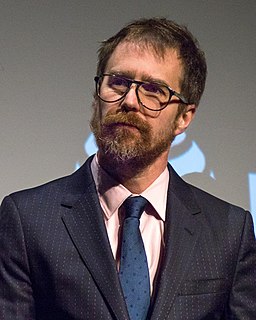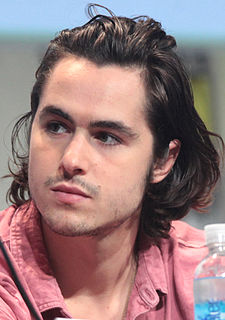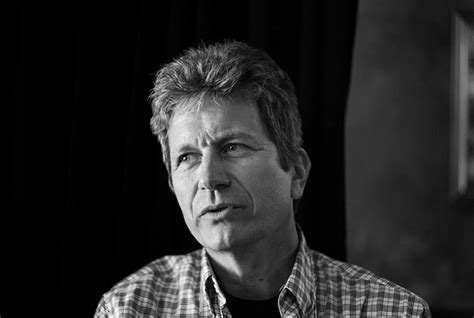A Quote by Kevin Spacey
Working in film tends to isolate actors - it's your close-up; it's all about you.
Related Quotes
The really successful work in England tends to be working-class writers telling working-class stories. The film industry has been slow to wake up to that, for a variety of reasons. It still shocks me how few films are written or made in England about working-class life, given that those are the people who go to movies.
What I love in working on film is just working with actors. It's one thing to write scenes alone over a keyboard and to imagine the actions and reactions in your head, but it's a completely other thing to hear actors speaking your words, to see their bodies bringing the fullness of emotion, need, desire and pain to life right in front of you. It's amazing.
I’ve said about a million times that the best thing a young photographer can do is to stay close to home. Start with your friends and family, the people who will put up with you. Discover what it means to be close to your work, to be intimate with a subject. Measure the difference between that and working with someone you don't know as much about. Of course there are many good photographs that have nothing to do with staying close to home, and I guess what I'm really saying is that you should take pictures of something that has meaning for you
Some people do stage and film. Some people are film actors, and some people are stage actors. I'm quite sure that any of the actors who did the original production of 'August' could have done the film of 'August.' I don't think any of them were particularly surprised when they didn't wind up doing the film.
If I'm ever working on a set and anyone talks about a master shot, I say there is no master shot. Before I even went to film school, I learned about movies by being in a British feature film, where everything was shot master shot, mid-shot, close-up. But I reject the idea of a master shot. You don't shoot everything mechanically; you find imaginative ways that serve the action.



































